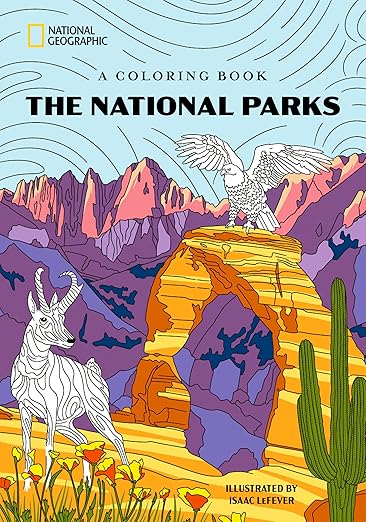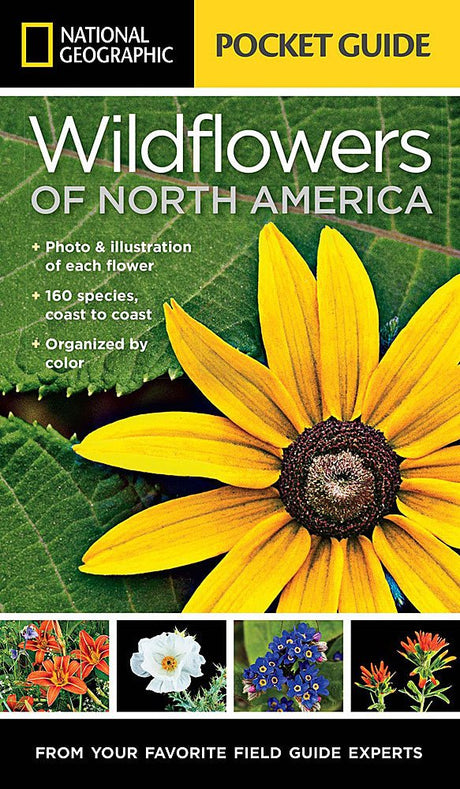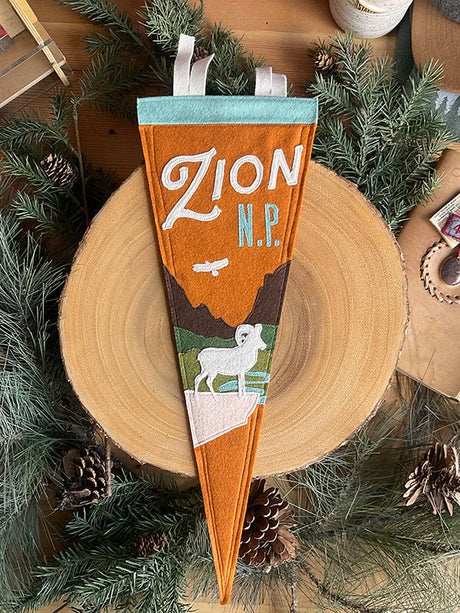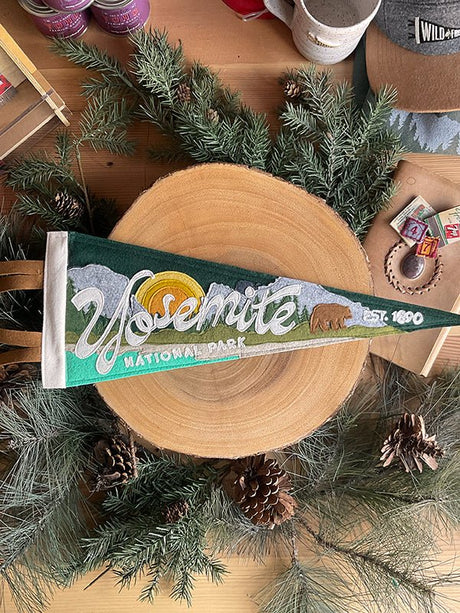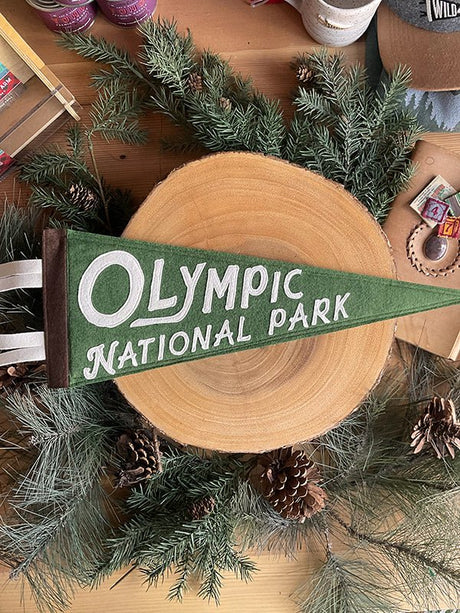America’s national parks and public lands are treasures that offer stunning landscapes, diverse wildlife, and rich history. As visitors, it’s our responsibility to preserve these natural wonders for future generations. Here are some essential conservation tips to keep in mind while exploring these beautiful spaces.
1. Stay on Designated Trails

Venturing off marked paths can lead to soil erosion, damage to plant life, and disturbances to wildlife habitats. Stick to established trails to minimize your impact and ensure that the ecosystem remains intact.
2. Leave No Trace

The Leave No Trace principles are a cornerstone of outdoor ethics. Here’s a quick rundown:
- Plan Ahead and Prepare: Know the regulations and special concerns for the area you’ll visit. Prepare for extreme weather, hazards, and emergencies.
- Travel and Camp on Durable Surfaces: Stick to trails and campsites to avoid trampling vegetation.
- Dispose of Waste Properly: Pack it in, pack it out. Carry out all trash and leftover food.
- Leave What You Find: Preserve the past; examine, but do not touch, cultural or historic structures and artifacts.
- Minimize Campfire Impact: Use a camp stove for cooking and enjoy a candle lantern for light.
- Respect Wildlife: Observe animals from a distance. Never feed them as it disrupts their natural behavior.
- Be Considerate of Other Visitors: Respect other visitors and protect the quality of their experience.
3. Pack Out All Trash
Everything you bring into the park should leave with you. This includes biodegradable items like fruit peels and coffee grounds, which can harm local wildlife and disrupt the natural ecosystem.
4. Use Reusable Items

Bring reusable water bottles, food containers, and bags to reduce waste. Avoid single-use plastics which can litter trails and waterways.
5. Respect Wildlife
Keep a safe distance from wildlife. Use binoculars or a zoom lens for a closer look. Never feed animals as it can make them dependent on humans and alter their natural behavior. Secure your food and trash to prevent wildlife from accessing it.
6. Practice Responsible Photography
While capturing memories, be mindful of your surroundings. Avoid disturbing plants or wildlife for a photo. Stick to paths and keep noise levels down to not startle animals.
7. Camp Responsibly

Use established campsites and fire rings. If there are none, follow Leave No Trace principles for camping, ensuring minimal impact on the environment. Avoid camping near water sources to protect the habitat of aquatic creatures.
8. Use Eco-Friendly Products
Opt for biodegradable soap, sunscreen, and insect repellent to reduce chemical runoff that can harm plants and animals. Consider using reef-safe sunscreen if you’ll be near water.
9. Be Water Wise

Water is a precious resource in many parks. Conserve water by taking shorter showers and turning off taps tightly. Avoid polluting water sources with soap, food, or waste.
10. Follow Park Rules and Regulations
Each park has its own set of rules designed to protect its unique environment. Familiarize yourself with these regulations and adhere to them during your visit. These rules are often posted at visitor centers or trailheads and are also available online.
11. Support Park Conservation Efforts
Consider donating to or volunteering with organizations that support national parks. Your contributions can help fund preservation projects, educational programs, and maintenance efforts.
Conclusion
Visiting America’s national parks and public lands is a privilege that comes with the responsibility to protect and preserve these magnificent areas. By following these conservation tips, you can help ensure that these natural wonders remain unspoiled for generations to come. Let’s all do our part to keep our parks beautiful and thriving!
Do you have any personal tips or experiences on park conservation? Share them in the comments below! Together, we can inspire others to protect our natural heritage.




